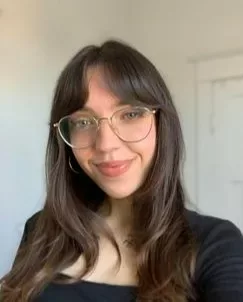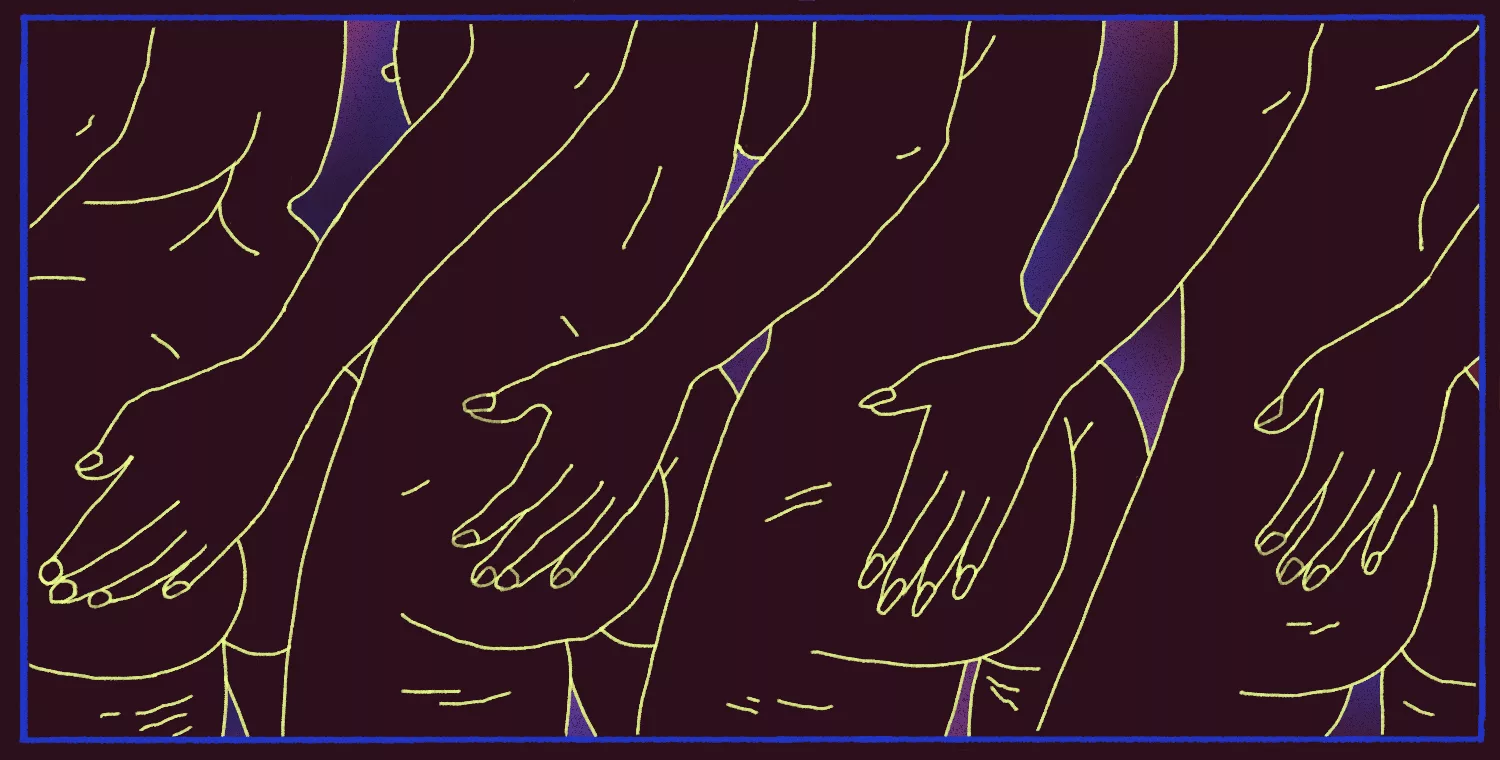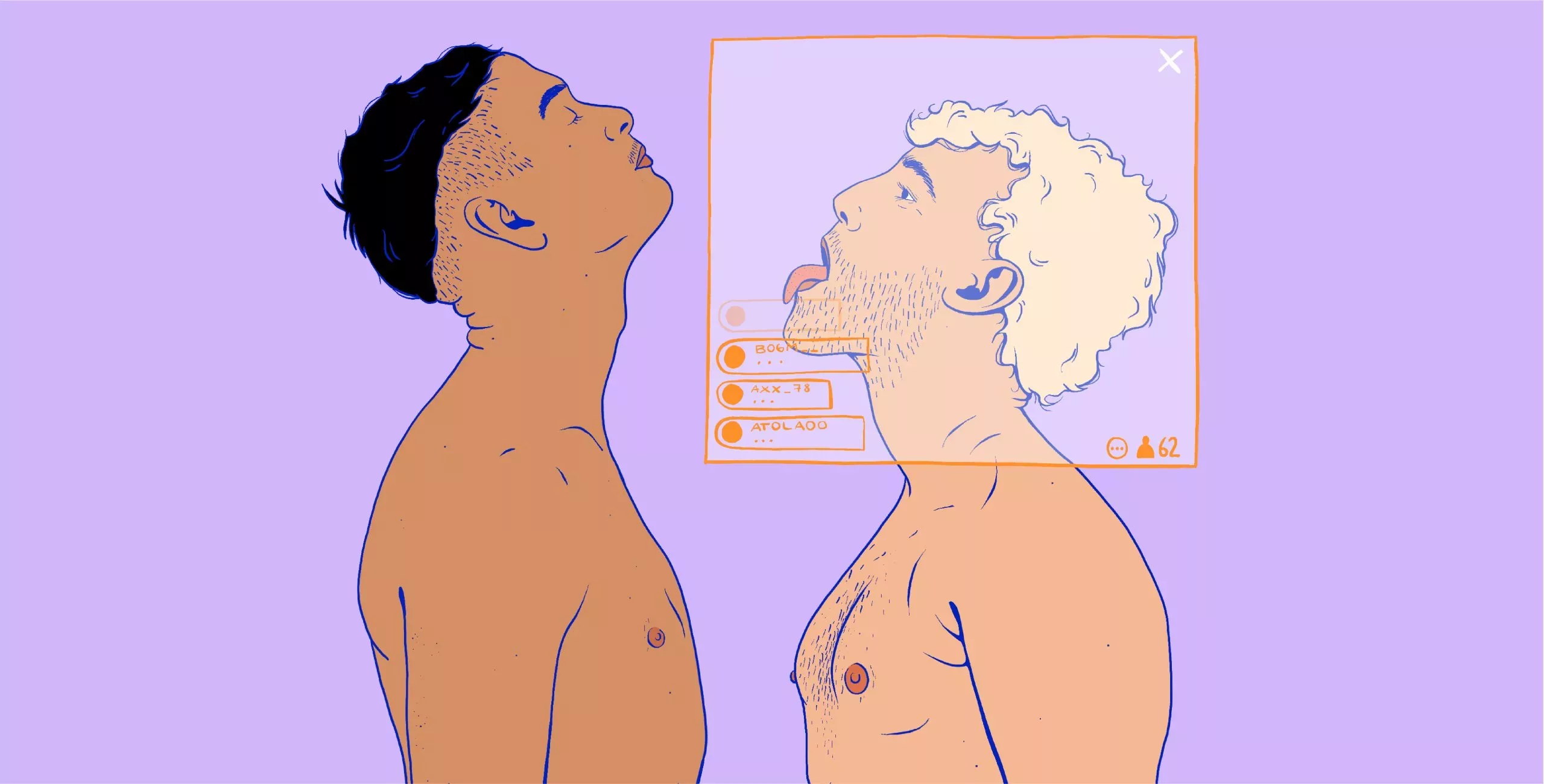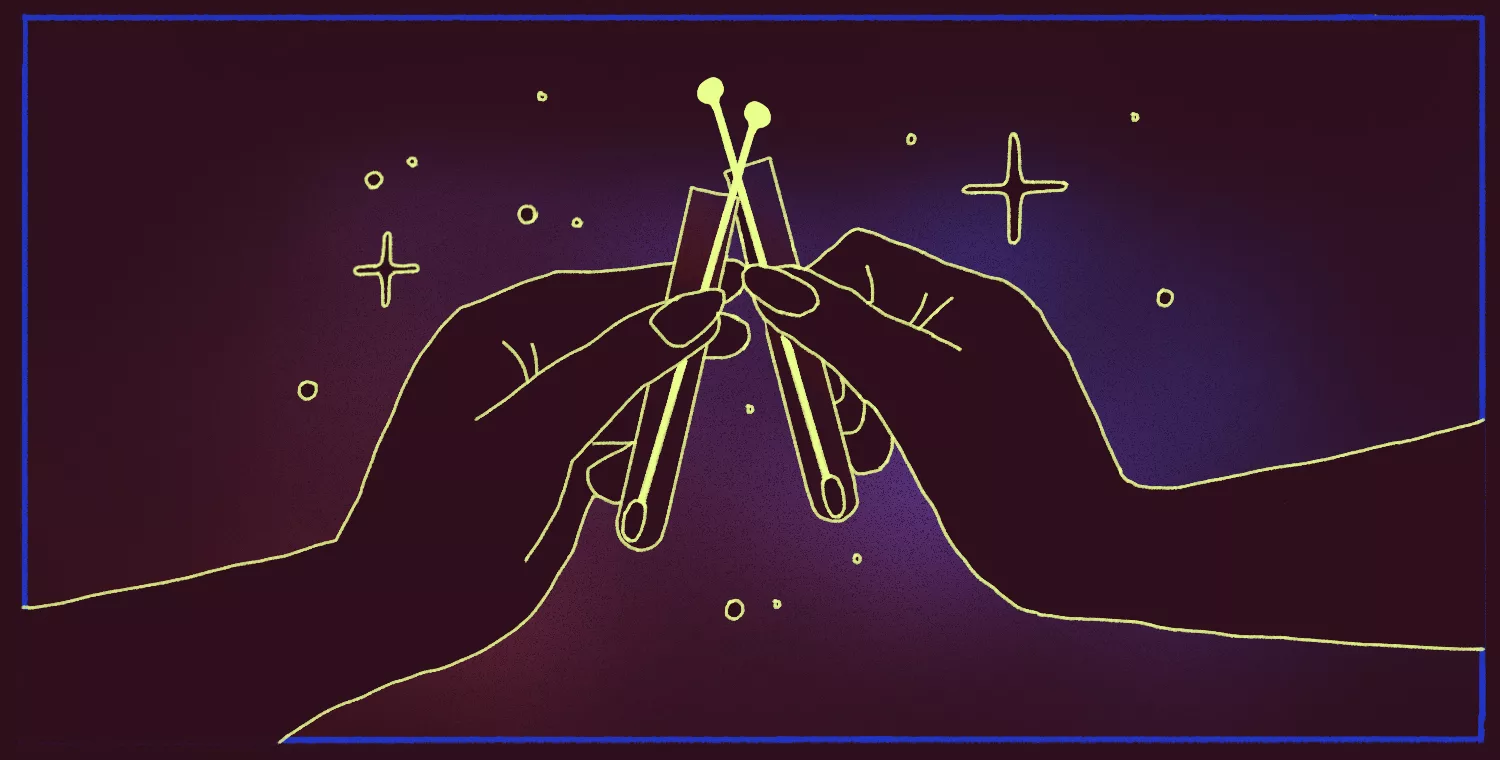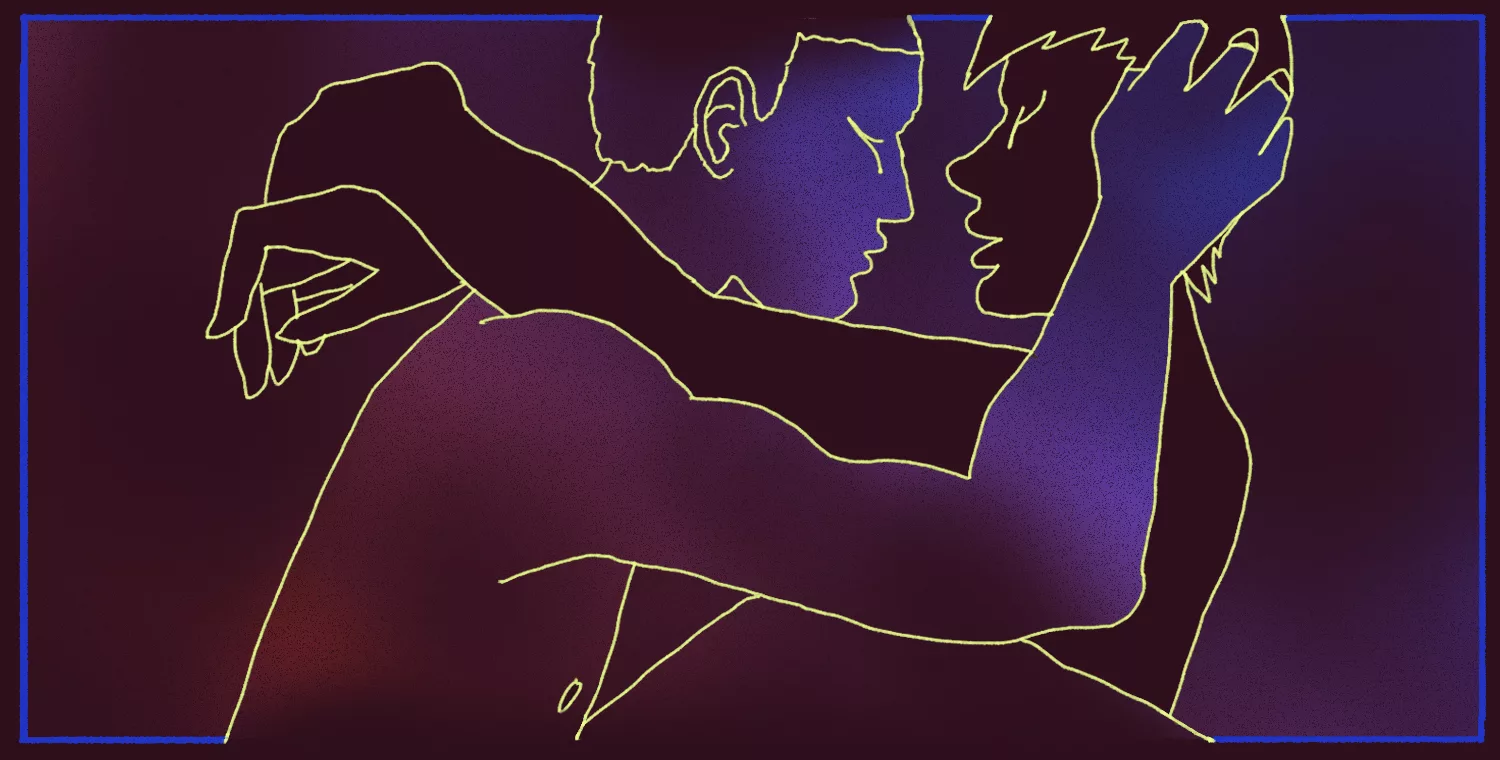Your cart is currently empty!
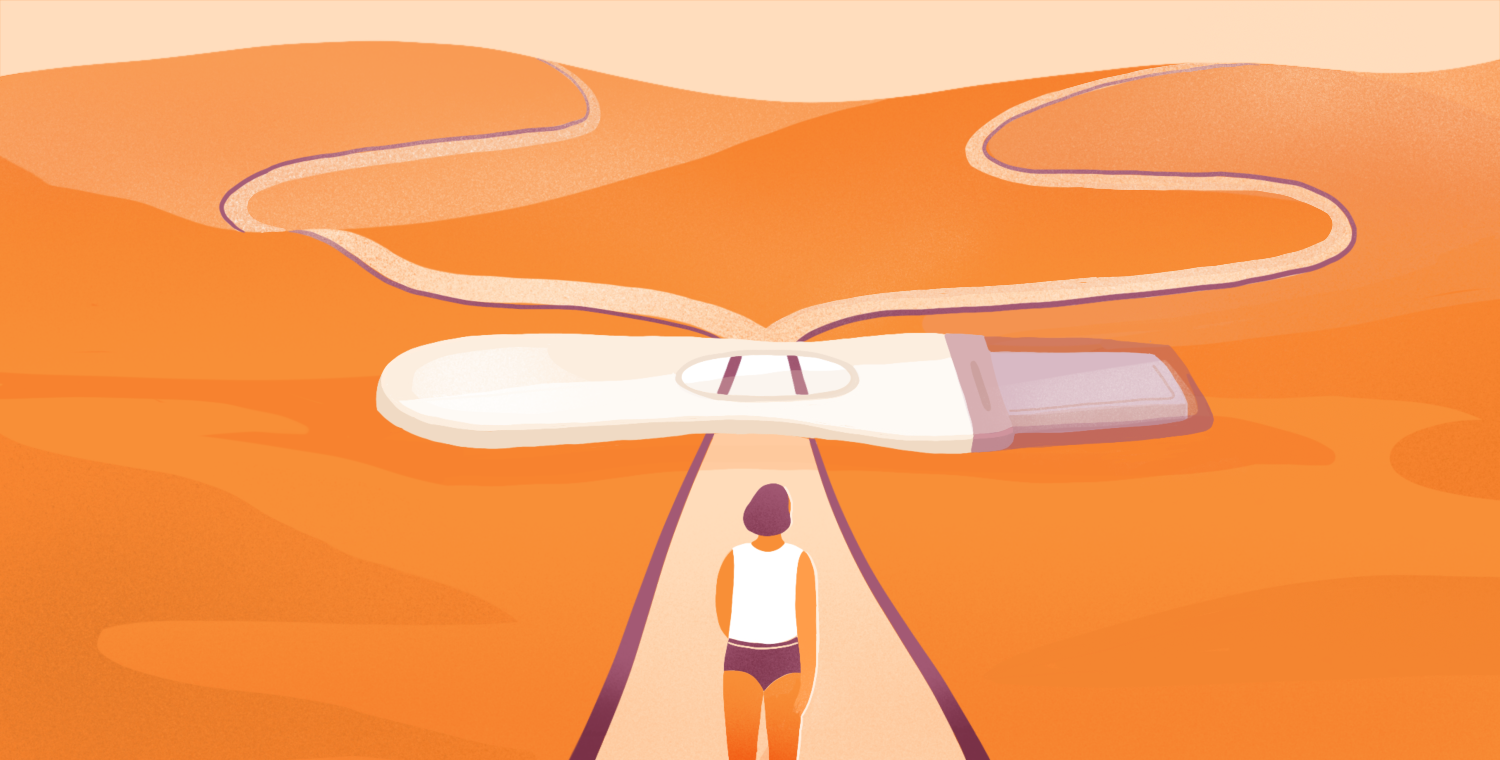
My Abortion and Me: A Story Without Regret
CW: Note that I have experienced abortion as a white cisgender woman without disabilities, which means that I didn’t experience any difficulties in accessing abortion services. While much progress has been made in terms of abortion access, several barriers still exist for people of certain marginalized groups and communities, including racialized and Indigenous people.
The morning the pregnancy test was positive, I cried a little. They were not tears of sadness or anguish, but of surprise. I really wasn’t expecting it. Like, at all.
At the time, my only form of birth control was the pull out method , so while pregnancy was always a risk, I just never really thought that it would happen to me. It was something that happened to others and to people in movies and on TV, but not to me.
I was 18 and in my first relationship. a tumultuous relationship, interspersed with breaks, that was toxic from start to finish, but that I don’t regret. After he received the news in the form of a text message that read something like: “Hey, can you call me back? I think I’m pregnant,” my boyfriend at the time was (more or less) there for me, while nonetheless making it clear that he had no desire for children. Fair enough. After that memorable morning, it was an extremely difficult month. I felt nauseous, I was vomiting and crying, and I sometimes looked at my stomach feeling disgusted that my body was capable of such a phenomenon. But most of all… I was hesitant.
At the risk of sounding superstitious, here’s a quick family history on my mother’s side: at the age of 19, my great-grandmother had my grandmother, who, also at the age of 19, had my mother, who then had me at… 19. I was therefore familiar with the family “tradition” (or curse, depending on how you see it) that runs on my mom’s side, and the math wasn’t difficult: I was turning 19 in 3 months.
So, here I am. Looks like it’s my turn.
Fortunately, my mom raised me in an environment where talking about sex was neither taboo nor embarrassing, and therefore, my reflex was never to lie to my parents about my pregnancy or hide it from them. I also told myself that neither of them was in any position to judge me, considering they had me at exactly my age. Turns out that I was right; there was no yelling, no crying, no disappointment. Just my mom who looked barely surprised, who had been telling me since I was 12 how important protection and condoms were. Oops.
With my dad, I had a long phone conversation of which I don’t remember much, except that he was calm and understanding. So, yeah. I was really lucky when it came to my parents.
The appointment
I think I waited about two weeks before gathering my courage and making an appointment at the abortion clinic. Despite my hesitation, I think I knew deep down that terminating my pregnancy was the only way out. I still tried to deny it and imagine myself in a utopian situation in which I was fully capable of raising a child, even though I knew it wasn’t true. I wasn’t ready (years later, I’m still not ready), but it was a lovely fantasy.
Booking an appointment was easy-peasy, and after a few questions over the phone about my menstrual cycle, I was at the clinic a week later. At that time, I had almost no concrete knowledge about abortion[IVG]. All I knew was that I was going to have my first surgery ever. It was only years later, while attending one of my undergraduate sexology courses, that I finally understood what an abortion was, exactly.
What I had was a surgical abortion a practice that consists of removing the contents of the uterus using a technique called “dilation and curettage” (D&C). Terms that make the procedure sound intimidating, but in reality, it’s a quick, minor intervention that usually takes 10 to 30 minutes.
I also learned that there was another type of abortion—a medical abortion —that consists of taking two drugs: mifepristone (which stops pregnancy in its tracks) and misoprostol (which causes muscle and uterine contractions to make the uterus expel its contents). These are medications that can be taken at home after an appointment with a physician.
My abortion went very well. To be honest, it wasn’t the surgery itself that terrified me, but the IV catheter they were going to stick in my arm to administer the pain-relieving medication. Looking back, it’s kind of funny to think that my very intense needle phobia was my biggest source of anxiety throughout the process.
I remember staring at the huge map of the world on the ceiling, waiting for the drug to take effect and make me feel good.
I wasn’t scared, but I felt vulnerable lying like that with my legs spread apart. The only thing I could think of was the desire for my mom to be there by my side, much like a scared child needs her mother.
The procedure was painless and quick.
Fifteen minutes later, a kind nurse helped me back into my underwear and I found myself lying on a bed surrounded by curtains. I was still a bit buzzed when I told the nurse a joke that I can’t remember. She laughed.
I ate some Breton crackers, went home, and I have never since regretted this day.
Not alone
My first abortion (I had another one year after my first) opened my eyes to a reality that was previously unknown to me. Whenever I talked about it (which was rather often, since I didn’t want to hide it), someone confided in me about their own abortion experience, relieved to find a confidant who wouldn’t judge them. I was surprised to learn that it had happened to friends, acquaintances, family members, and colleagues. It was comforting to know that I wasn’t an isolated case and that I wasn’t abnormal, far from it.
In fact, after some research, I learned that, in the year I had my abortion, just over 100,000 people in Canada made the same decision as me.
It can feel good to simply be aware of these numbers!
I have no regrets about my abortions. People who use abortion services don’t do it for fun, and the reasons behind their decision to terminate their pregnancy are all valid, whether it’s because:
- They don’t want any children
- They already have children and they don’t want any more
- Their financial situation is precarious
- They have cultural or family-related reasons
- They have experienced one or more sexual assaults
- They are going through a pregnancy that involves risks for them or for the fetus
- It’s just not the right time for them!
Of course, abortion isn’t contraception and it’s important to use a reliable method of birth control to avoid unintended pregnancies. However, no method is 100% effective, and regardless of a person’s reasons for choosing abortion, it remains a fundamental right.
Privileged
I’d be lying if I said that writing this article didn’t bring back memories, both positive and negative. I slipped back into the skin of a past self in order to immerse myself in what I had felt and experienced. It wasn’t a traumatic event, nor one that profoundly marked my life, but I think about it from time to time. I sometimes joke that if I hadn’t made this decision, I’d have a six-year-old (no thanks!).
In the end, I think I was lucky and privileged to have experienced my abortion the way I did: I live in Quebec, where abortion services are accessible, I had support from family and friends, and I didn’t have to hide it or go through it alone.
When I think of places where abortion is illegal, taboo, and unsafe, , my heart breaks and I want to yell in the faces of those who dare to proclaim themselves as the masters of our decisions and of our wombs.
I share my experience with the hope that my words can help normalize abortion and gradually chip away at the culture of secrecy that surrounds it.
It’s not a trivial or an easy experience, but it’s not terrible either. It happens.
To anyone who has had an abortion, who is thinking about it and who is hesitating, who are sure of their choice, who have thought about it and who decided not to go through with it, and to those who might not even have the option…
What you feel is valid and you are far from being alone.
-
Fédération du Québec pour le planning des naissances (FQPN)
Ta raison c’est la bonne (Information campaign on the right and access to abortion)
Emergency access fund for termination of pregnancy care (for any person with a precarious immigration status)
-
Abortion Rights Coalition of Canada. (2021, March). Statistics—Abortion in Canada.. https://www.arcc-cdac.ca/wp-content/uploads/2020/07/statistics-abortion-in-canada.pdf
Arteaga, S. et Manchikanti, A.G. (2015). “Is That A Method of Birth Control?” A Qualitative Exploration of Young Women’s Use of Withdrawal. The Journal of Sex Research, 53(4), 626-632. https://doi.org/10.1080/00224499.2015.1079296
CHUM. (2019, January). L’avortement chirurgical au 1er trimestre [Surgical abortion in the first trimester]. https://www.chumontreal.qc.ca/sites/default/files/2019-01/593-1-Avortement-chirurgical-au-1er-trimestre-IVG-chirurgicale.pdf
CHUM. (2019, January). L’avortement médical [Medical abortion]. https://www.chumontreal.qc.ca/sites/default/files/2019-01/288-1-Avortement-medical-IVG-medicale.pdf
Lampiao, F. (2014). Coitus Interruptus: Are there spermatozoa in the pre-ejaculate? International Journal of Medicine and Biomedical Research, 3(1).
SOS Grossesse. (2017). Interruption de grossesse (IG) [Termination of pregnancy]. https://sosgrossesse.ca/fr/poursuivre-ou-non-ma-grossesse/interruption-volontaire-de-grossesse-ig
World Health Organization, (2020, September). Preventing unsafe abortion. https://www.who.int/news-room/fact-sheets/detail/preventing-unsafe-abortion
